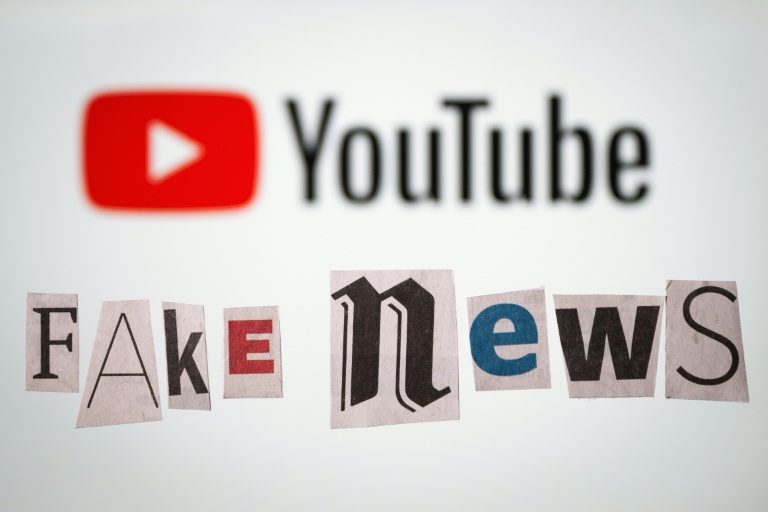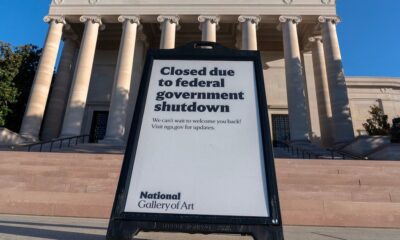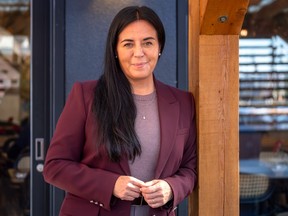Science
YouTube Reinstates Creators Banned for Misinformation Policies

YouTube has announced plans to reinstate creators who were previously banned for promoting misinformation related to Covid-19 and elections. This policy shift, communicated in a letter from parent company Alphabet to Republican lawmaker Jim Jordan, represents a significant change in the platform’s approach to content moderation, particularly following accusations of bias against conservative voices.
The letter, which was sent on October 3, 2023, indicates that YouTube will allow all creators previously banned for repeatedly violating its now-defunct Covid-19 and election integrity policies to return. According to Alphabet’s legal counsel, the decision reflects a commitment to free expression and acknowledges the influence of conservative creators in civic discourse. The full impact of this policy change remains unclear, including which creators will be reinstated and the timeline for their return.
Among those previously banned were notable figures such as Dan Bongino, former White House counterterrorism chief Sebastian Gorka, and podcast host Steve Bannon. These bans were instituted during the Biden administration, which, according to Alphabet, pressured the company to remove content deemed harmful. The letter asserts that officials from the Biden Administration conducted extensive outreach, urging YouTube to enforce stricter guidelines concerning user-generated content related to the Covid-19 pandemic.
In response to the announcement, Jim Jordan characterized the reinstatement as a “victory in the fight against censorship” and a “massive win” for the American public. He expressed gratitude for YouTube’s decision to amend its policies, stating that the platform is no longer dictating what Americans should believe. This sentiment resonates with those who have long criticized tech companies for perceived bias against conservative viewpoints.
Policy Change and Community-Driven Approach
The shift in policy comes after the Biden administration, upon taking office in January 2021, pushed for tech platforms to eliminate misinformation, particularly content that could harm public health, such as the promotion of bleach as a Covid-19 cure. The current reversal of bans is seen by some as a response to ongoing debates about the balance between content moderation and free speech.
Alphabet’s letter emphasized that YouTube will not empower fact-checkers to take actions or label content across its services. Instead, users will have the opportunity to provide context to content, adopting a model similar to that of X (formerly Twitter), which has embraced community-driven efforts to manage misinformation since its acquisition by Elon Musk in 2022.
This decision aligns with broader trends in the tech industry, where platforms are re-evaluating their content policies in light of increasing scrutiny and demands for greater transparency. As YouTube moves forward with this policy rollback, the implications for online discourse and the treatment of misinformation will be closely observed by both supporters and critics of the platform.
The reinstatement of banned creators is poised to influence the dynamics of content creation on YouTube, potentially reshaping the platform’s landscape as it balances the need for moderation with commitments to free expression. The coming weeks will reveal how this policy shift will impact both creators and viewers alike, and whether it will lead to a more open environment for diverse viewpoints.
-

 World3 months ago
World3 months agoScientists Unearth Ancient Antarctic Ice to Unlock Climate Secrets
-

 Entertainment3 months ago
Entertainment3 months agoTrump and McCormick to Announce $70 Billion Energy Investments
-

 Science3 months ago
Science3 months agoFour Astronauts Return to Earth After International Space Station Mission
-

 Lifestyle3 months ago
Lifestyle3 months agoTransLink Launches Food Truck Program to Boost Revenue in Vancouver
-

 Technology2 months ago
Technology2 months agoApple Notes Enhances Functionality with Markdown Support in macOS 26
-

 Top Stories1 week ago
Top Stories1 week agoUrgent Update: Fatal Crash on Highway 99 Claims Life of Pitt Meadows Man
-

 Sports3 months ago
Sports3 months agoSearch Underway for Missing Hunter Amid Hokkaido Bear Emergency
-

 Politics2 months ago
Politics2 months agoUkrainian Tennis Star Elina Svitolina Faces Death Threats Online
-

 Technology3 months ago
Technology3 months agoFrosthaven Launches Early Access on July 31, 2025
-

 Politics3 months ago
Politics3 months agoCarney Engages First Nations Leaders at Development Law Summit
-

 Entertainment3 months ago
Entertainment3 months agoCalgary Theatre Troupe Revives Magic at Winnipeg Fringe Festival
-

 Politics1 week ago
Politics1 week agoShutdown Reflects Democratic Struggles Amid Economic Concerns





















